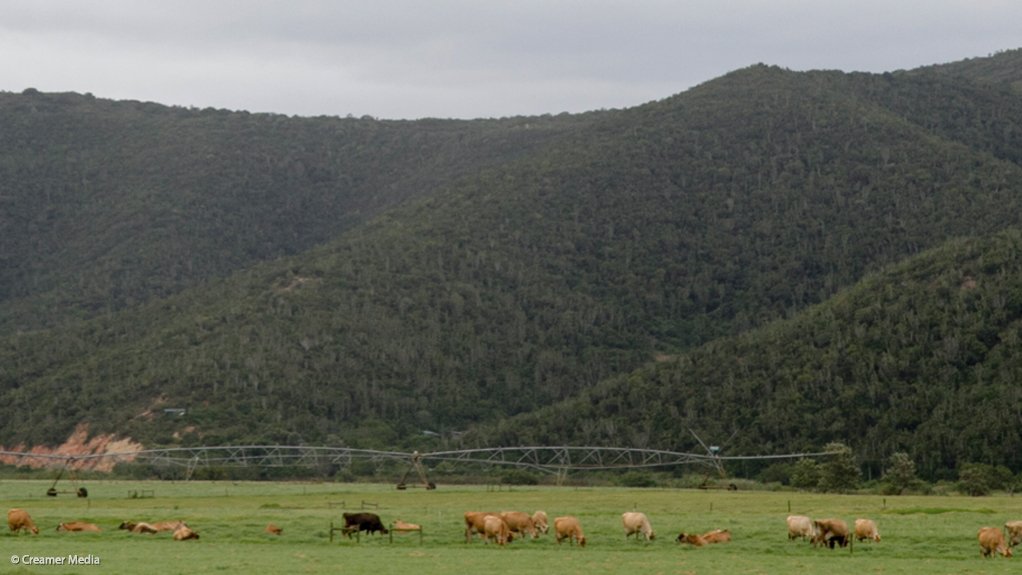The Land and Agricultural Development Bank of South Africa (Land Bank), which defaulted on its debt obligations on April 1, 2020, and is renegotiating it repayment terms, will receive R7-billion in recapitalisation over the medium term to put it on a stable and sustainable development path, the 2021 Budget, presented by Finance Minister Tito Mboweni on February 24, indicates.
The Budget indicates a recapitalisation of R5-billion in 2021/22, to be funded through reprioritisation, and another R1-billion for each of 2022/23 and 2023/24 for the Land Bank. The 2021 Medium Term Budget Policy Statement (MTBPS) will confirm the sources of reprioritisation to accommodate this requirement.
In a review of the Budget, the National Treasury stated that the financial position of South Africa's three largest development finance institutions – the Development Bank of Southern Africa (DBSA), the Industrial Development Corporation (IDC) and the Land Bank – had deteriorated sharply in 2019/20.
The net asset value of the DFIs decreased to R100.3-billion in 2019/20, mainly as a result of losses incurred by the IDC and the Land Bank.
This was mainly a result of the reduction in the repurchase rate and interest income, increased impairments and projected or actual investment losses owing to the effect of Covid-19 on financial markets.
Treasury highlighted that the Land Bank plays an important role in social and economic development by advancing loans in the agricultural sector. By 2019/20, 18.5% of the bank’s asset base was focused on transformation and development.
Funding of emerging farmers constituted 5.9% of the loan book.
At the end of 2019/20, the bank's total assets amounted to R46.2-billion, while its liabilities stood at R43.7-billion. Sustained droughts, combined with a higher frequency of livestock and crop disease, contributed to a cost-to-income ratio of 114% and nonperforming loans of 18.1%.
The 2020 special adjustments budget included an allocation of R3-billion for the Land Bank in 2020/21, while the 2020 MTBPS noted that an additional R7-billion would be required to support the restructuring of the entity.
In general, the financial performance of State-owned companies deteriorated in 2020/21, as Covid-19 and associated lockdowns upended the plans of the State-owned companies, curtailing revenue growth and the collection of arrears, even as many operational costs remained inflexible.
Treasury says several State-owned companies are at risk in terms of their financial performance. Defence group Denel, power utility Eskom and airline South African Airways remain reliant on State support, including guarantees that enable them to access funding, it notes.
As announced in the 2021 State of the Nation Address, the mandates of all State-owned enterprises are being re-evaluated as part of a rationalisation process to ensure they are responsive to national development needs.
EMAIL THIS ARTICLE SAVE THIS ARTICLE ARTICLE ENQUIRY
To subscribe email subscriptions@creamermedia.co.za or click here
To advertise email advertising@creamermedia.co.za or click here











